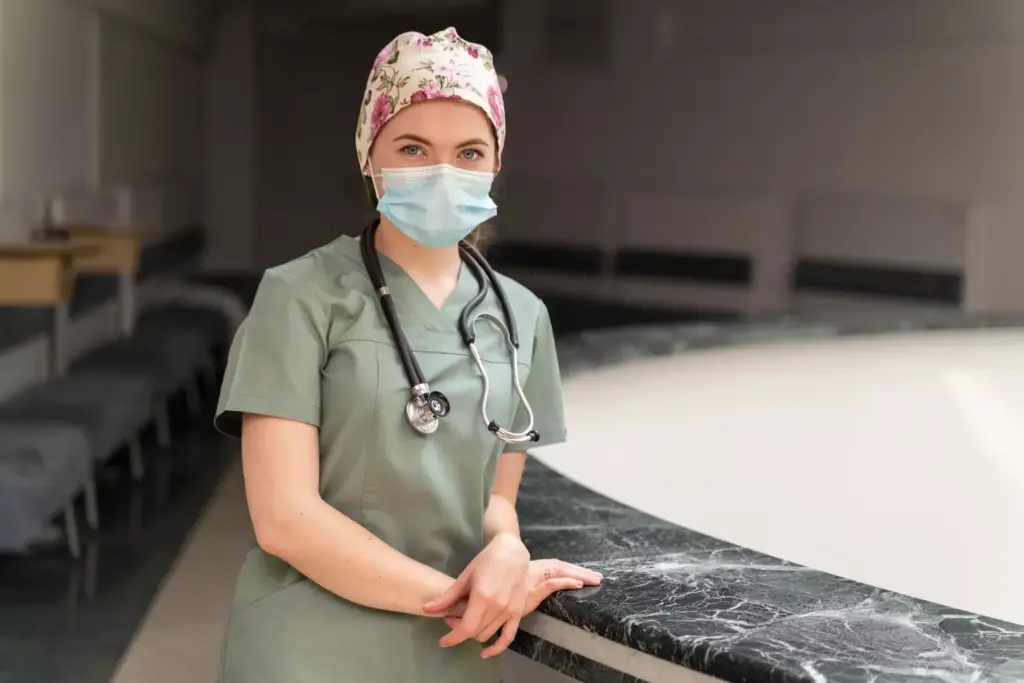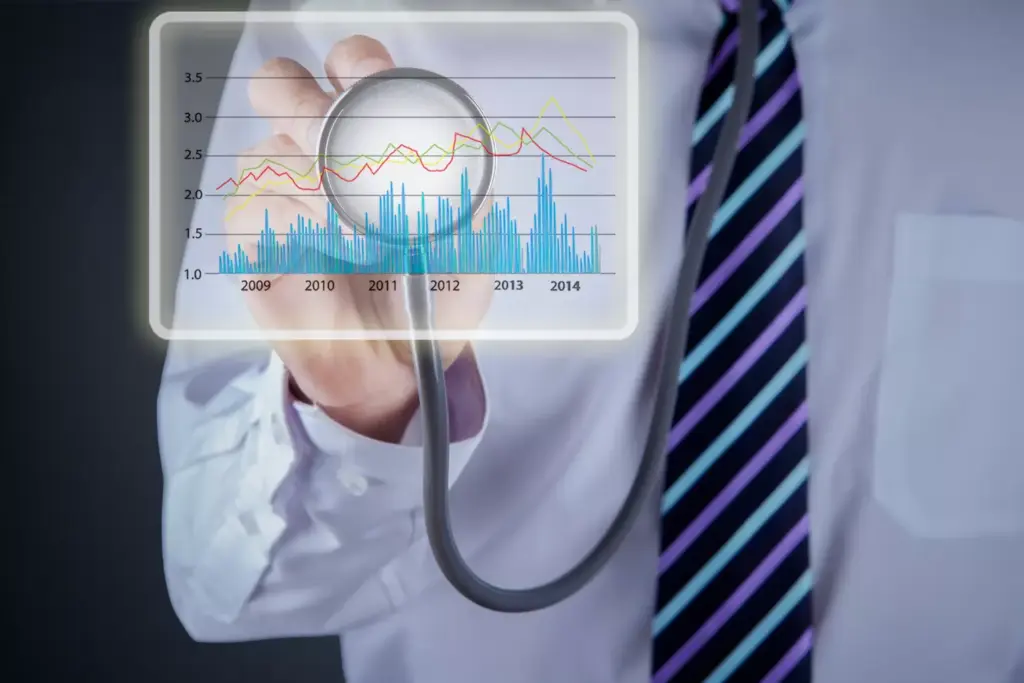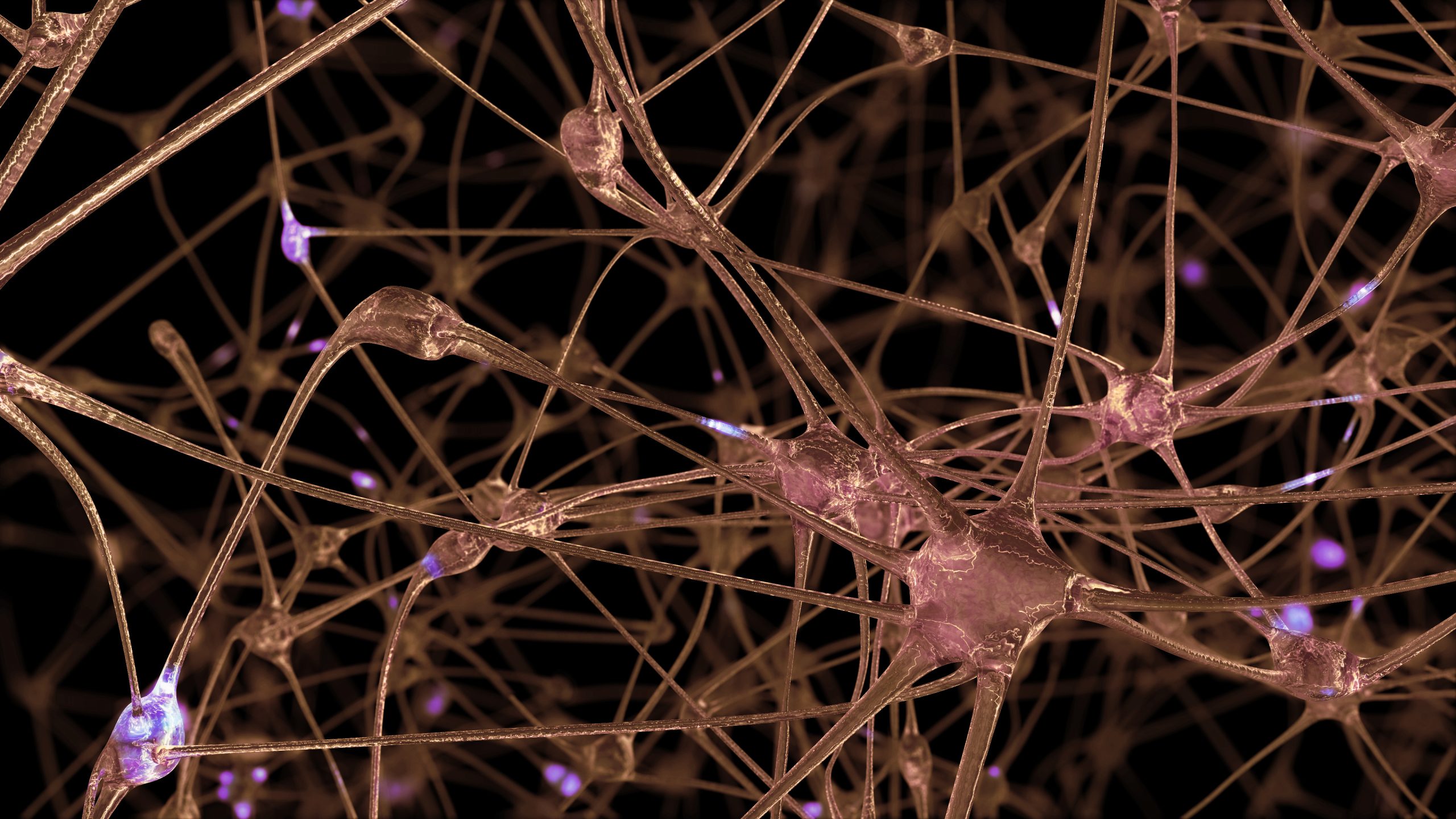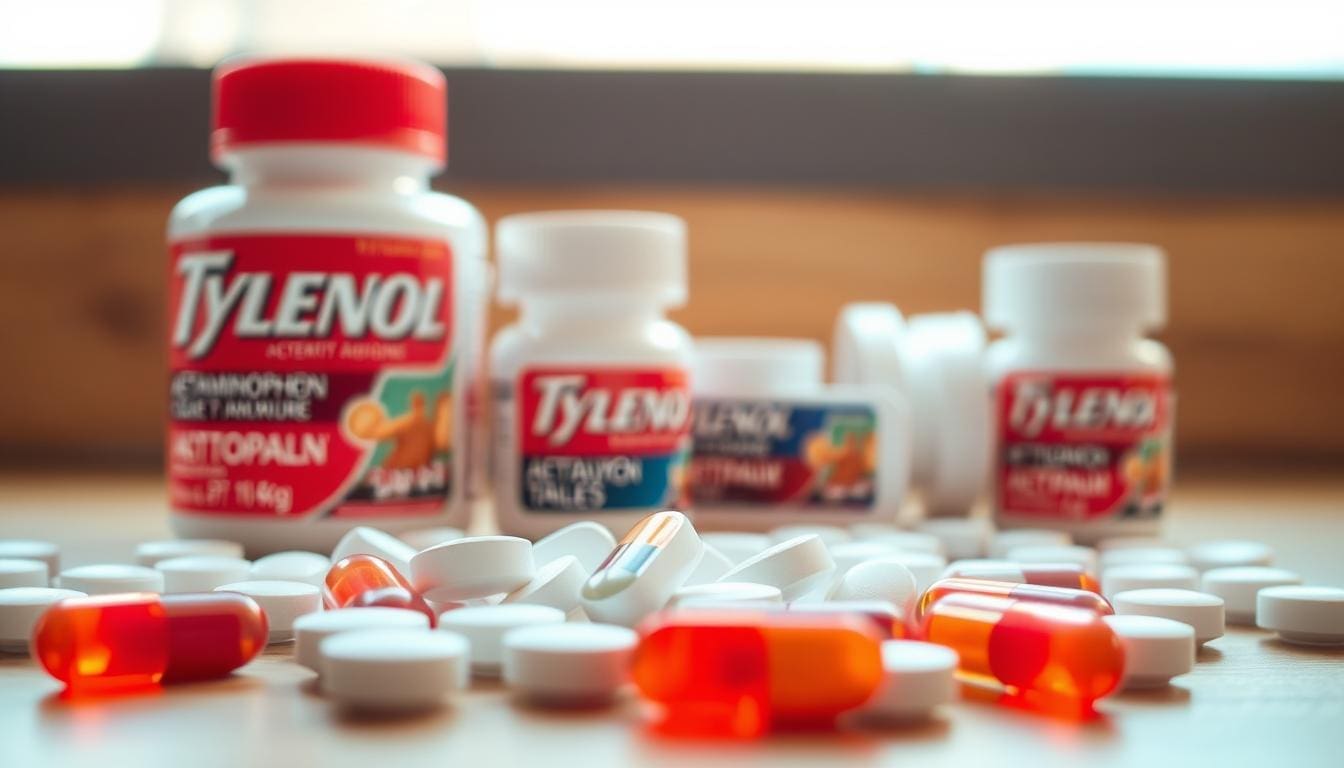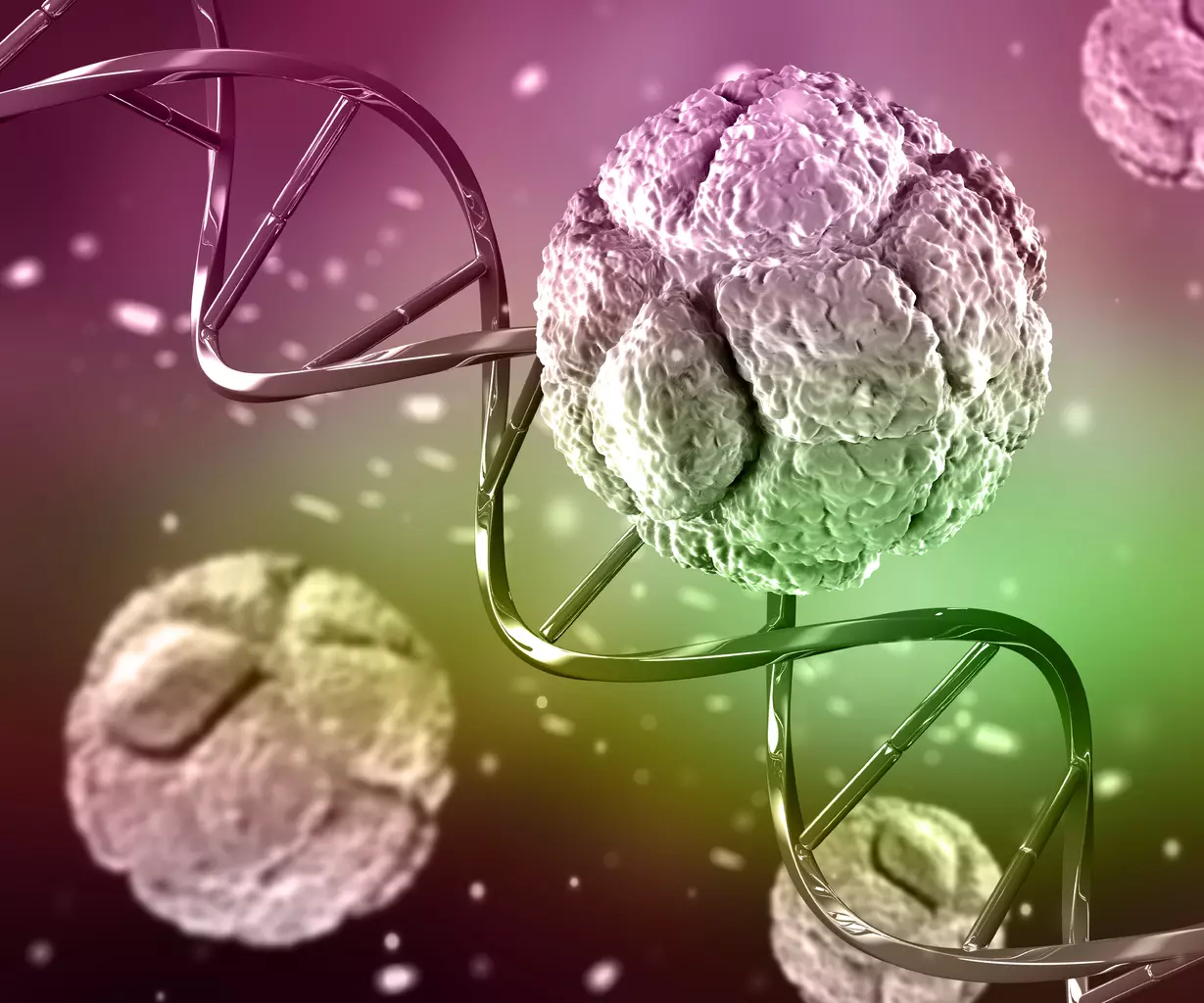Last Updated on November 26, 2025 by Bilal Hasdemir
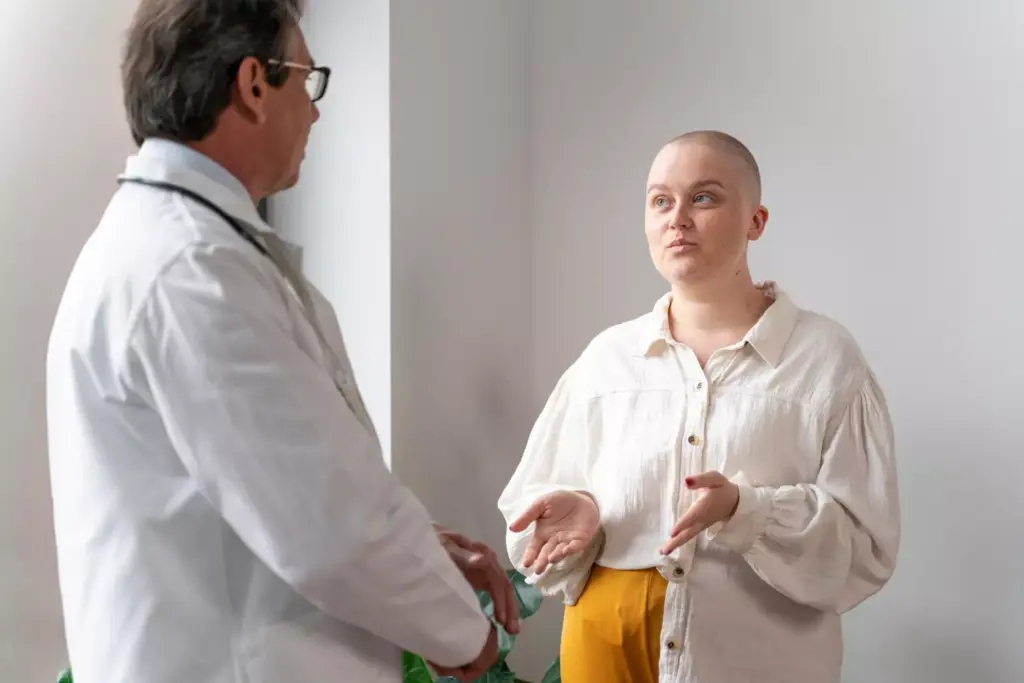
Recognizing cancer signs early is key to saving lives. At Liv Hospital, we stress the need to listen to your body. If you notice unusual changes, see an oncologist or cancer specialist right away.
The symptoms of cancer depend on where it is, how big it is, and how it affects nearby tissues. A cancer specialist is trained to find and treat cancer. They offer care that fits your specific needs.
Early detection is vital in fighting cancer. We are dedicated to top-notch healthcare. We also offer full support for patients from abroad.
Key Takeaways
- Spotting cancer signs early can be a lifesaver.
- An oncologist or cancer specialist is key for diagnosis and care.
- Finding cancer early greatly improves treatment chances.
- Liv Hospital provides care focused on the patient for international visitors.
- Trust your body and get medical help if you notice odd changes.
Understanding the Role of a Cancer Doctor
Cancer doctors, or oncologists, are key in fighting cancer. They help diagnose, treat, and manage the disease. Their skills are vital for patients with different types of cancer.
What is an Oncologist?
An oncologist is a doctor who focuses on cancer. They are trained to meet the physical, emotional, and social needs of patients. This includes giving care that addresses all aspects of cancer.
Types of Cancer Specialists
There are many types of oncologists, each with their own role:
- Medical Oncologists: They use medicines like chemotherapy to treat cancer.
- Surgical Oncologists: These doctors remove tumors and cancerous tissues through surgery.
- Radiation Oncologists: They treat cancer with radiation therapy, often teaming up with other oncologists.
Knowing about these specialists helps patients choose the best treatment for them.
How Oncologists Diagnose and Treat Cancer
Oncologists use various tools to find and stage cancer. They then create treatment plans based on the cancer type, stage, and patient’s health.
| Diagnostic Tool | Description | Use in Cancer Care |
|---|---|---|
| Biopsy | Removal of a small sample of tissue for examination | Definitive diagnosis of cancer |
| Imaging Tests (e.g., MRI, CT scans) | Techniques to visualize the body’s internal structures | Staging cancer, assessing treatment response |
| Blood Tests | Analysis of blood components to detect abnormalities | Monitoring tumor markers, overall health |
Oncologists work with a team to offer full care. This includes managing symptoms and side effects.
Cancer Statistics You Should Know
At Liv Hospital, we think knowing cancer stats is key in fighting cancer. These numbers help us see how big the problem is and its effect on health.
Prevalence of Cancer in the United States
Cancer is a big worry in the U.S., with 1 in 2 people possibly getting it in their life. Millions of Americans live with cancer, and new cases pop up every day.
This shows how important it is to know about cancer and catch it early. By knowing the numbers, people can understand their risk better and act early.
The Impact of Early Detection on Survival Rates
Finding cancer early really helps people live longer. Early detection means better treatment options and higher survival chances. In fact, early detection can boost survival by up to 90% for some cancers.
For more on what to expect at your first oncology visit, check out Liv Hospital’s guide.
| Cancer Type | 5-Year Survival Rate (Early Detection) | 5-Year Survival Rate (Late Detection) |
|---|---|---|
| Breast Cancer | 99% | 27% |
| Colon Cancer | 90% | 14% |
| Lung Cancer | 56% | 6% |
Risk Factors That Increase Cancer Likelihood
Many things can make you more likely to get cancer. These include genes, lifestyle choices like smoking, and what’s in your environment. Knowing these can help prevent and catch cancer early.
By knowing these risks and taking steps to avoid them, you can lower your chance of getting cancer. Regular health checks and screenings are key to this.
Key Sign #1: Unexplained Weight Loss
Unexplained weight loss is a big symptom that can mean different cancers. It’s important to look into it. Losing weight without changing diet or exercise is a worry.
When Weight Loss Becomes Concerning
Weight loss is a big worry if it’s fast and a lot. Losing more than 5% of body weight in 6-12 months is a sign. It’s key to watch our weight and health for any odd changes.
Associated Symptoms to Monitor
Other symptoms can also hint at serious health issues. These include:
- Loss of appetite
- Changes in bowel habits
- Fatigue
- Pain
Talking about these symptoms with a doctor can help find problems early.
What to Do If You Experience Unexplained Weight Loss
If you lose weight without reason, see a doctor. They will check you, ask about your health, and might do tests. They might also send you to a cancer doctor if they think it’s cancer.
Early finding of cancer can really help. So, don’t ignore odd symptoms like unexplained weight loss.
| Symptom | Possible Cancer Association |
|---|---|
| Unexplained Weight Loss | Pancreatic, Lung, Stomach Cancer |
| Loss of Appetite | Various Cancers |
| Changes in Bowel Habits | Colorectal Cancer |
Knowing our body’s signs and getting medical help is smart. If you lose weight without reason or have other odd symptoms, see a doctor.
“Early detection is key to effective cancer treatment. Being aware of and acting on symptoms like unexplained weight loss can make a significant difference.”
Key Sign #2: Persistent Fatigue
Fatigue is normal sometimes, but it can also be a warning sign for serious health issues like cancer. It can be hard to tell if you’re just tired or if something more serious is going on.
Differentiating Between Normal and Abnormal Fatigue
Normal fatigue happens after you’ve been active or stressed and goes away with rest. Abnormal fatigue, on the other hand, lasts a long time and doesn’t get better with sleep or rest. It makes it hard to do everyday things.
To tell if you’re tired normally or if it’s something more serious, think about how long you’ve been tired and how it affects your life. Ask yourself:
- Has the fatigue lasted for more than two weeks?
- Does it interfere with your daily activities?
- Have you experienced any other symptoms like weight loss or pain?
How Cancer-Related Fatigue Presents
Cancer-related fatigue is a common symptom in many cancers. It feels like a lack of energy, weakness, or feeling drained. Unlike normal fatigue, it doesn’t get better with rest and can come with other symptoms like pain or shortness of breath.
The exact reason for cancer-related fatigue is complex. It involves the cancer itself, how your body reacts to it, and the effects of treatments like chemotherapy or radiation.
Steps to Take When Experiencing Unusual Fatigue
If you’re tired all the time, it’s important to talk to a doctor. Here are some steps you can take:
- Keep a fatigue diary: Write down when you’re tired, how long it lasts, and what helps or makes it worse.
- Discuss your symptoms: Share your diary with your doctor to help figure out what’s going on.
- Explore management strategies: Your healthcare team can suggest ways to manage your fatigue, like lifestyle changes or exercise.
At our cancer center, we focus on treating the whole person, not just the cancer. We help with symptoms and side effects that affect your life. If you’re tired all the time, please contact a cancer specialist for help and support.
Key Sign #3: Abnormal Bleeding
Abnormal bleeding can signal many health problems, including cancer. It means any bleeding that’s not part of normal body functions.
Types of Abnormal Bleeding
There are different kinds of abnormal bleeding linked to cancer. These include:
- Uterine bleeding: Unusual or heavy bleeding between periods, after sex, or after menopause.
- Gastrointestinal bleeding: Bleeding from the rectum, blood in the stool, or black tarry stools.
- Hemoptysis: Coughing up blood or rust-colored sputum.
- Hematuria: Blood in the urine.
Cancer Types Associated with Bleeding
Several cancers can cause abnormal bleeding. These include:
- Cervical and uterine cancer: Often present with abnormal vaginal bleeding.
- Colorectal cancer: Can cause gastrointestinal bleeding.
- Lung cancer: May result in coughing up blood.
- Bladder cancer: Can cause blood in the urine.
When to Seek Emergency Care vs. Scheduled Appointments
It’s important to know when to go to the emergency room and when to make an appointment. Seek emergency care if you have:
- Heavy or severe bleeding that doesn’t stop.
- Difficulty breathing or shortness of breath with bleeding.
- Severe pain.
If your bleeding is not severe, make an appointment with your doctor or a cancer doctor. They can find out the cause and suggest treatment.
Key Sign #4: New or Changing Lumps
New or changing lumps can be a sign of cancer. It’s important to know how to spot and react to them. At Liv Hospital, we teach our patients to recognize symptoms that might be a concern.
Common Locations for Concerning Lumps
Lumps that might be cancerous can show up in different places. Common spots include:
- The breast
- The testicles
- The lymph nodes
- Soft tissues like muscle or fat
Knowing these areas and watching for changes is key for catching cancer early.
Characteristics of Potentially Cancerous Lumps
Not every lump is cancer, but some signs might mean a higher risk. Look out for:
- A lump that is hard or firm to the touch
- A lump that is painless
- A lump that is fixed in place and doesn’t move under the skin
- A lump that is growing in size
If you see any of these signs, it’s important to talk to a doctor.
Self-Examination Guidelines and Next Steps
Doing self-exams regularly can help find lumps early. Here’s how to do it:
- Do self-exams every month, at the same time.
- Get to know what your body normally feels like.
- Pay attention to any changes, no matter how small.
- If you find a lump, don’t worry. Just make an appointment with your doctor.
At Liv Hospital, we’re with you every step of the way. If you’re worried about a lump, contact an oncologist or healthcare provider for advice.
Key Sign #5: Abnormal Test Results
Abnormal test results can lead to a cancer diagnosis. They cause a lot of anxiety. It’s important to understand these results and what to do next for good cancer care.
Blood Work Abnormalities
Blood tests help find cancer signs. For example, a complete blood count (CBC) can show odd white or red blood cell levels. Tumor markers in blood tests also help find cancers like prostate or ovarian.
Talking to your doctor about blood test results is key. Ask about what the results mean and what to do next. It’s vital to understand how these results affect your health.
| Blood Test | Normal Range | Potential Indication of Abnormal Results |
|---|---|---|
| White Blood Cell Count | 4,500 – 11,000 cells/μL | Infection, leukemia, or bone marrow disorder |
| Red Blood Cell Count | Male: 4.32 – 5.72 million cells/μL; Female: 3.90 – 5.03 million cells/μL | Anemia, bone marrow disorder, or chronic disease |
| Platelet Count | 150,000 – 450,000 cells/μL | Bleeding disorder, bone marrow disorder, or cancer |
Imaging Results That Prompt Cancer Referrals
Imaging tests like X-rays and CT scans show cancer details. Odd results can mean tumors or growths that need checking.
It’s important to follow up after odd imaging results. Work with your healthcare team to figure out what to do next. This might include more tests or biopsies.
How to Advocate for Appropriate Follow-Up
Odd test results can be scary, but you can take steps to help yourself. Here’s what to do:
- Ask about your test results and what they mean.
- Get a second opinion if you’re unsure about your diagnosis or treatment.
- Keep a record of your medical history and test results.
- Talk to your healthcare team about any worries or fears.
Being proactive and informed helps you get the right care and support during your cancer journey.
When to See a Cancer Dr: Additional Warning Signs
Many people know about common cancer symptoms. But, there are more warning signs to watch out for. Knowing these signs can help you get medical help early, leading to better treatment.
Persistent Pain
Persistent pain can be a sign of cancer. It’s different from pain from injury or strain. If you have pain that doesn’t go away, see a cancer specialist.
Key characteristics of concerning pain include:
- Persistence despite rest and treatment
- Increasing severity over time
- Localized pain in a specific area of the body
Changes in Bowel or Bladder Habits
Changes in bowel or bladder habits can mean cancer in the urinary or digestive systems. Look out for constipation, diarrhea, or changes in how often you urinate. If these changes last, see a doctor.
For more info on cancer symptoms, check out Cancer Research UK. They have details on symptoms and what they mean.
Difficulty Swallowing
Difficulty swallowing, or dysphagia, can be a sign of throat or esophagus cancer. It makes eating and drinking hard. You might also lose weight or feel pain when swallowing.
It’s important to get checked if you have:
- Persistent difficulty swallowing
- Pain while swallowing
- Unexplained weight loss
Skin Changes
Skin changes can mean skin cancer or other health issues. Look for new moles, changes in moles, or other skin problems. Check your skin yourself and get professional checks too.
Knowing these warning signs and getting medical help when needed is key. At Liv Hospital, we’re here to help with care and support.
The Diagnostic Process: What to Expect
Understanding the diagnostic process can ease some of the worry when facing a possible cancer diagnosis. At our institution, we support our patients through every step. We make sure they are well-informed and cared for on their journey.
Initial Consultation and Medical History
The process starts with a visit to a cancer doctor, or oncologist. We take a detailed medical history during this visit. This includes any past illnesses, treatments, and family health. This info helps us decide the best diagnostic path.
Key elements of the initial consultation include:
- Detailed medical history
- Discussion of symptoms and concerns
- Physical examination
- Initial assessment and planning for further diagnostic tests
Common Diagnostic Procedures
Based on the initial findings, we might suggest various tests. These tests help us gather more information. They can include:
| Diagnostic Procedure | Purpose |
|---|---|
| Blood Tests | To check for abnormalities in blood counts or chemistry |
| Imaging Tests (e.g., X-rays, CT scans, MRI) | To visualize internal structures and identify abnormalities |
| Biopsy | To examine tissue samples for cancer cells |
Understanding Biopsies and Imaging Tests
A biopsy takes a tissue sample from the suspected area. It’s then examined for cancer cells. Imaging tests, like CT scans or MRI, show detailed pictures of the body’s inside. They help us spot tumors or other issues.
Each test is chosen based on the patient’s condition and medical history.
Timeframes for Results and Diagnosis
The time to get test results varies. It depends on the test type and analysis complexity. We aim to provide results quickly and accurately. After all tests are done, we’ll discuss the findings with you. We’ll also outline the next steps in your care.
Typically, patients can expect:
- Blood test results within a few days
- Imaging test results within a week
- Biopsy results potentially taking longer, depending on the complexity of the analysis
Our team is committed to supporting you through this process. Waiting for results can be tough. We’re here to guide you every step of the way.
Conclusion: Taking Action and Finding Support
Early detection and proper care can greatly improve cancer outcomes. If you notice signs like unexplained weight loss, persistent fatigue, or abnormal bleeding, take action. These could be warning signs.
At Liv Hospital, we offer top-notch cancer care and support for international patients. Our team of skilled oncology physicians is here to help. They provide personalized care and guidance every step of the way.
If you’re experiencing symptoms or have had abnormal test results, seek help from an oncology physician. Taking proactive steps can lead to the best possible outcome. You’ll also get the support you need during this tough time.
We aim to provide complete cancer care, from the first consultation to treatment and beyond. Our goal is to give you the knowledge and support to face your cancer journey with confidence.
FAQ
What is the role of an oncologist in cancer treatment?
An oncologist is a doctor who deals with cancer. They work with others to give full care. This includes surgery, chemo, and radiation.
What are the different types of cancer specialists?
There are many types, like medical oncologists and surgical oncologists. Medical oncologists, like those at Liv Hospital, use chemo and immunotherapy.
How do oncologists diagnose cancer?
They use tests like imaging and biopsies to find cancer. They also look at your medical history and do physical checks.
What are the benefits of early detection in cancer treatment?
Finding cancer early helps a lot. It makes treatment work better and can save lives. Early detection means we can help more.
What are some common risk factors for cancer?
Risk factors include genes, lifestyle, and environment. We can help figure out your risk and give advice to lower it.
What should I do if I experience unexplained weight loss?
If you lose weight without reason, see a doctor. We can do tests and help you understand what’s happening.
How can I differentiate between normal and abnormal fatigue?
Normal fatigue is okay, but abnormal fatigue is not. If you’re tired all the time, see a doctor. They can find out why.
What types of abnormal bleeding should I be concerned about?
Watch for bleeding in places like the vagina or rectum. If you bleed without reason, see a doctor. They can find out why.
How can I self-examine for lumps or other abnormalities?
Check yourself for lumps regularly. If you find something new or different, see a doctor. They can check it out.
What should I do if I receive abnormal test results?
If tests show something odd, see a doctor. They can explain what it means and what to do next.
What is the diagnostic process like when seeing a cancer doctor?
It starts with a visit and talking about your health. Then, you might have tests like imaging or biopsies. We’ll explain everything to you.
How can I advocate for myself when seeking medical care?
Be active in your care by asking questions and seeking opinions. As a cancer doctor, we want to help and support you fully.
References
- Cancer Research UK. (n.d.). Your urgent suspected cancer referral. Retrieved from https://www.cancerresearchuk.org/cancer-symptoms/what-is-an-urgent-referral Cancer Research UK
- UCSF Health. (n.d.). 17 cancer symptoms you shouldn’t ignore. Retrieved from https://www.ucsfhealth.org/covid/17-cancer-symptoms-you-shouldnt-ignore ucsfhealth.org
- American Cancer Society. (n.d.). Signs and symptoms of cancer. Retrieved from https://www.cancer.org/cancer/diagnosis-staging/signs-and-symptoms-of-cancer.html Cancer.org
- TreatCancer. (n.d.). Cancer referrals, diagnosis & staging. Retrieved from https://treatcancer.com/blog/cancer-referrals-diagnosis-staging/
- NHS. (n.d.). Cancer. Retrieved from https://www.nhs.uk/conditions/cancer/ nhs.uk


